7 Important Things You Ought to Know About Septic System Cleaning
When your septic system is experiencing a problem, you may quickly understand the kind of havoc this issue can wreak. Learning the key facts about septic system cleaning lays a foundation for keeping your system in tip-top shape. Arm yourself with knowledge, so you can make informed decisions as a homeowner.
1. Septic Tanks Should Be Pumped Every Three to Five Years
Out of sight and out of mind—that might describe your usual attitude toward your inconspicuous septic system. However, neglecting routine pumping can put your whole household plumbing system at risk. Sewage can back up, toilets can overflow, sinks can drain slowly, and baths may not empty if your septic tank is full and isn't properly functioning. Make septic system maintenance a priority to avoid problems.
According to the U.S. Department of Health & Human Services, it's recommended to pump the average-sized, 1,000-gallon tank for a family of four every three to five years. However, your usage and tank size could shorten or lengthen this time frame. High-volume use from extra occupants, increased water fixtures, or the addition of a garbage disposal can fill septic tanks faster. Smaller tanks may also need more frequent attention. An inspection provides the best gauge for scheduling septic pumping. Forbes cites that an inspector probes the sludge depth and scum accumulation yearly or bi-yearly to recommend service frequency for your household's habits.
2. Septic Systems Create Layers That Need to Be Maintained
From the minute wastewater enters your septic tank, lighter solids will start floating to the top as scum and heavier particles will sink and compile as sludge. This separation keeps these substances from heading down the line to clog pipes or soil absorption areas. Yet, as layers accumulate, less room remains for wastewater storage before it exits the tank. Solids eventually carry over into the drain field lines. Clogging the system with backed-up sludge or illegally flushed items also strains the soil's natural filtering capacity. These complications decrease functionality, which can lead to costly repairs or even the need for a replacement.
Regular septic pumping maintains safe containment levels inside the tank, so the system functions as designed. Septic system cleaners remove built-up sludge, clear obstructions, and restart optimal wastewater treatment. Routine maintenance enhances operational efficiency and significantly extends the lifespan of system components.
3. Septic Tank Pumping Can Be Extensive
Proficient septic system cleaners utilize specialized equipment and proven techniques refined over years of experience. Homeowners who are unfamiliar with the intricacies involved are wise to let skilled experts handle the dirty work. An interior tank inspection begins each pumping service call. Depth readings of the scum and sludge dictate how much gets evacuated. The professional then inserts an intake hose through the manhole and utilizes a vacuum pump truck to empty and dispose of the waste appropriately.
All access points are opened, couplings are detached, filters are removed, baffles are checked, inlets and outlets are cleared, and holes or cracks are noted to thoroughly clean the tank interior and components. Comprehensive service also includes treating surfaces to control odor and break down solids, inspecting pipes and distribution boxes, and flushing lines if excessive residue exists. The technician may even pump out the drain field if they suspect a significant contaminant overload.
4. Septic Tank Problems Have Many Different Signs
Ignoring the warning signs of septic issues amplifies future headaches. Don't disregard obvious indications like contaminated wells, sluggish drains, sewage surfacing in the yard, unfamiliar wet spots, or sewage odors around your property. These all demonstrate that your septic system may be calling for help. Start troubleshooting by checking basics first, like leaky plumbing fixtures flooding the tank with excess water or toilets needing flapper replacements to put a stop to constant running. Overflowing gutters, foundation drains, or natural landscape drainage onto your leach field can also strain capacity. Simple fixes can restore functionality before you consider major correctives.
Schedule a professional inspection with septic system cleaners if problems persist without an explainable cause. An expert analysis can determine if pumping will resolve problems or if damaged components need to be repaired or replaced. Waiting too long before addressing problems can quickly turn smaller issues into larger disasters.
5. Several Factors Go Into the Cost of Septic Tank Pumping
Several variables like local rates, tank size, waste volume, disposal fees, additional services, plus accessibility hassles significantly sway price ranges. Generally, Forbes reports, you can expect to spend anywhere from $300 up to $800 for a complete septic pumping service. Big tanks require extended pumping time, which leads to higher service charges. Difficult access, long distances, or navigating through landscaping may add more labor fees. Excessive waste volume also boosts loads, requiring more trips to the disposal site. Any necessary repairs or installations completed during a maintenance visit can also contribute to the final tabulation.
Regular maintenance provides long-term savings by keeping your system running efficiently for years. Scheduling service well in advance of peak seasons like spring or fall ensures access to affordable septic system cleaners when you need them.
6. Questions Are Essential for Finding the Right Services
You want to be fully confident in the company responsible for such an important task in your home. Don't hesitate to ask septic system cleaners key questions before hiring. This helps you determine their reliability, experience level, service expertise, and use of quality equipment.
Ask how long the company has been servicing septic systems in your area and if they handle residential accounts. This demonstrates extensive familiarity with local codes and the training to tackle all complexity levels. Ensure the company belongs to relevant professional associations denoting credibility. Find out what type of trucks and tank equipment they dispatch to jobs. Large-volume vacuum trucks with sufficient suction capability provide fast waste extraction from tanks.
7. Drain Field Protection Is a Crucial Component of Septic Maintenance
This unsung hero never gets appreciation for the tireless job it handles. Imagine if your household wastewater had no place to go. Ugly consequences would include backed-up sinks, foul odors, contaminated yards, and bacterial illnesses. Give your hardworking drain field a break by following septic system do's and don'ts.
Ease the burden on your leach lines by conserving water usage inside the home. Cut back on loads of laundry or long showers when possible. Large volumes of wastewater can flood the system all at once instead of steadily rotating through the field. Upgrade to efficient fixture models for extra water savings over time. Keep any vehicles, livestock, or heavy storage off the drain field to prevent soil compaction. Light occasional foot traffic over the area won't cause harm, but consistent weight compresses spaces between soil particles. This reduces the oxygen circulation required for proper wastewater filtration before releasing clean effluent.
Landscape with care when planting trees, shrubs, or vegetation above the field. Extensive root systems can seek out and clog pipes. Additionally, refrain from using additives or harsh chemicals in drains that destroy healthy bacteria that treat waste. Never dispose of grease, cigarette butts, diapers, wipes, or menstrual products in sinks or toilets. These common mistakes damage drains, clog pumps, and prematurely lead to system failure.
Take Control With Proper Septic System Care
Now that you've learned the essential facts about maintaining your septic system, take the initiative to implement proper care. Follow the pumping schedule appropriate for your household use. Make septic-friendly choices in cleaners, fixtures, and daily habits. Keep accurate system records, watch for predictive signs of trouble, and address concerns promptly.
When it comes to responsible septic system management, an ounce of prevention truly equals a pound of cure for the perceptive homeowner. If you need your septic system serviced, let us assist you. Reach out to us at Reliable Septic & Services today to get started.
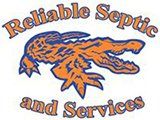
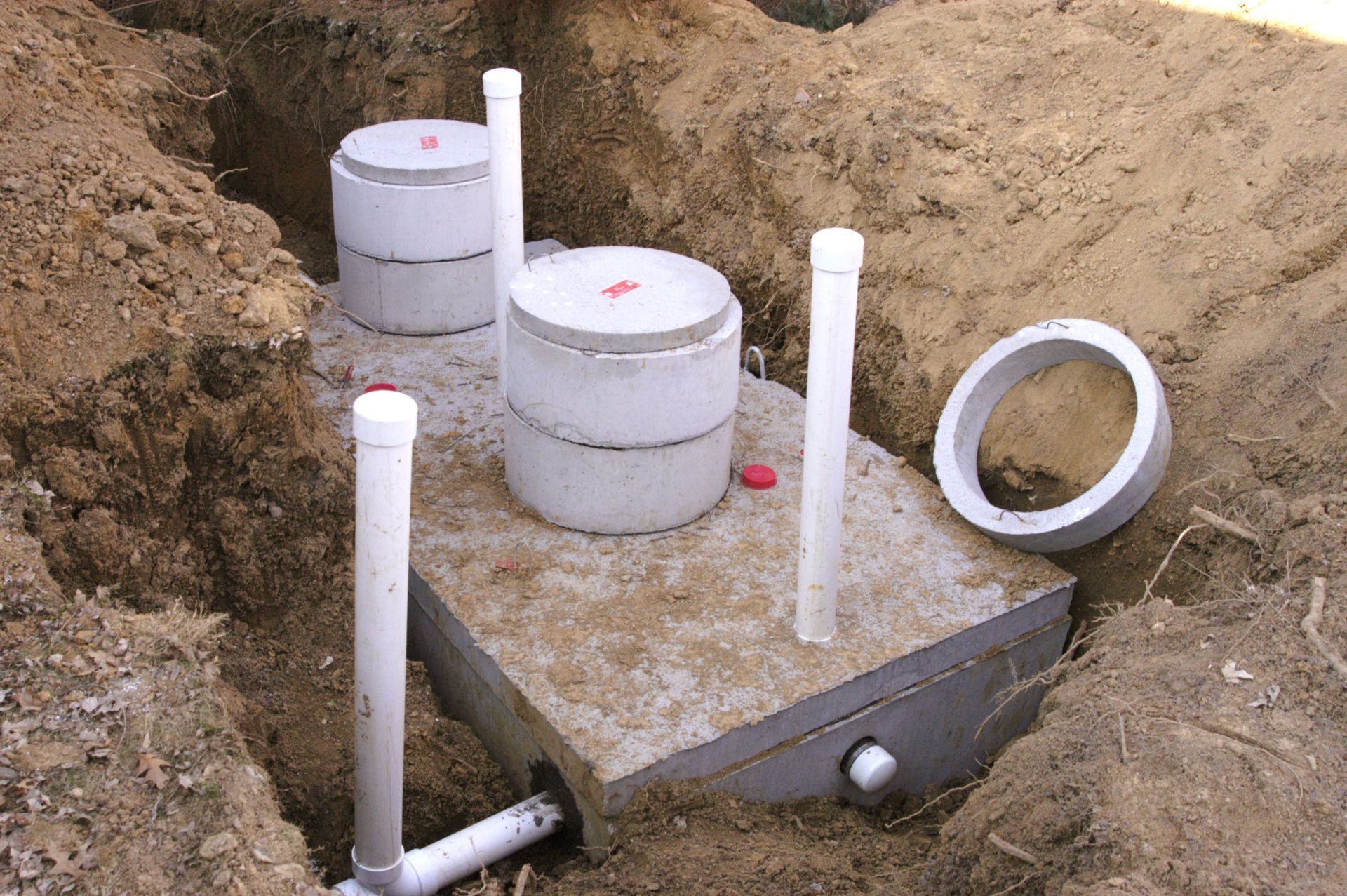
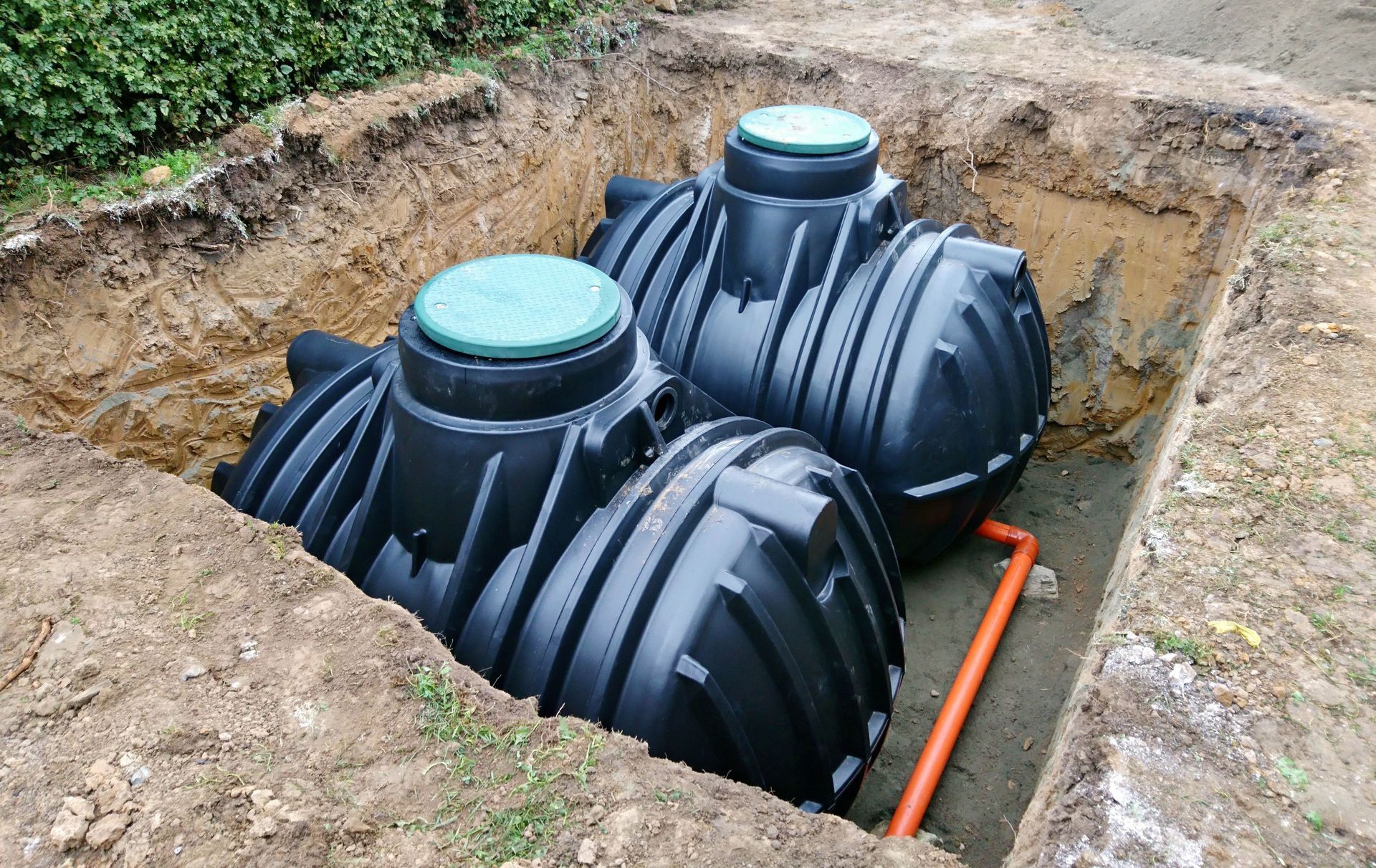
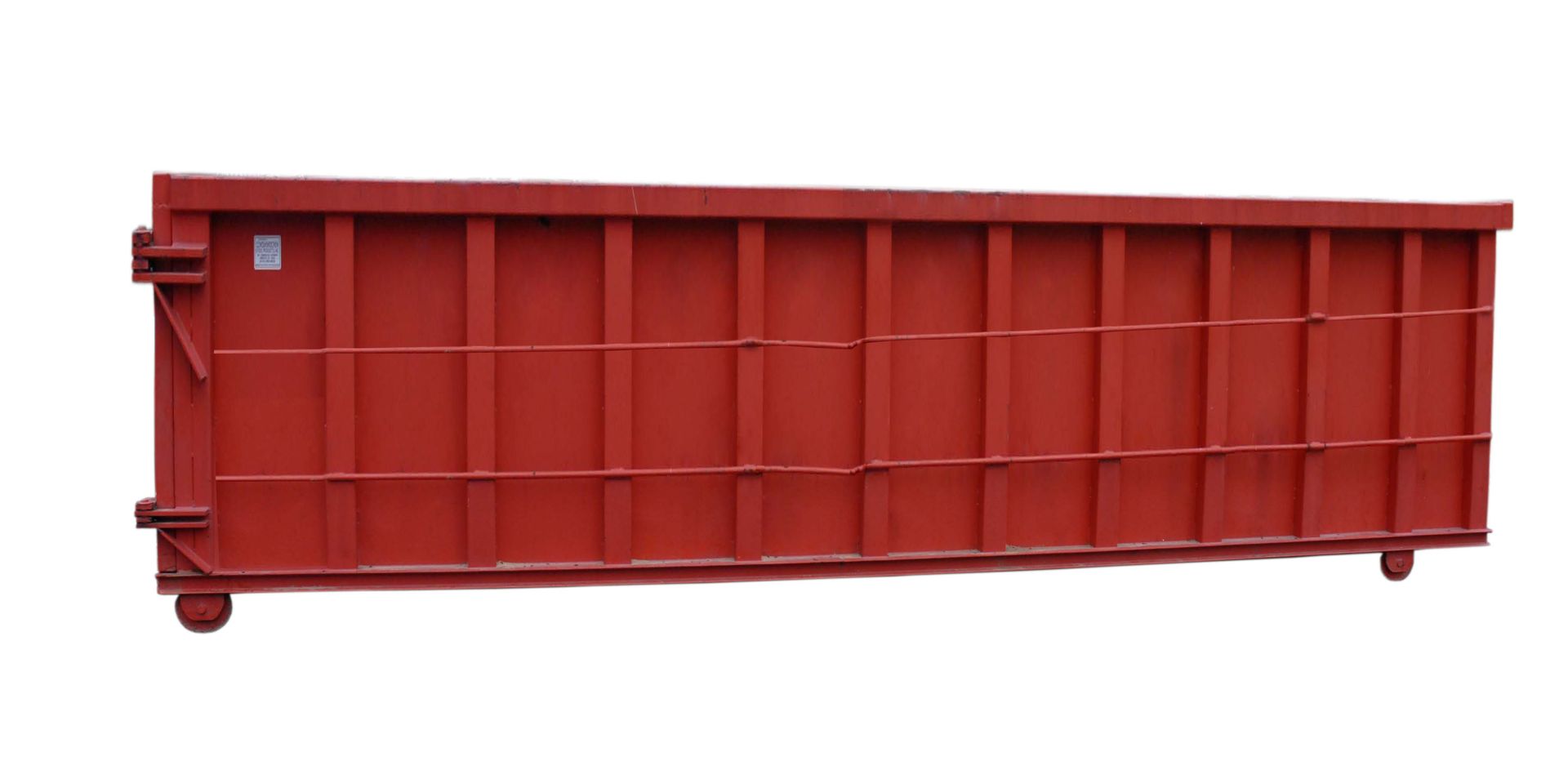
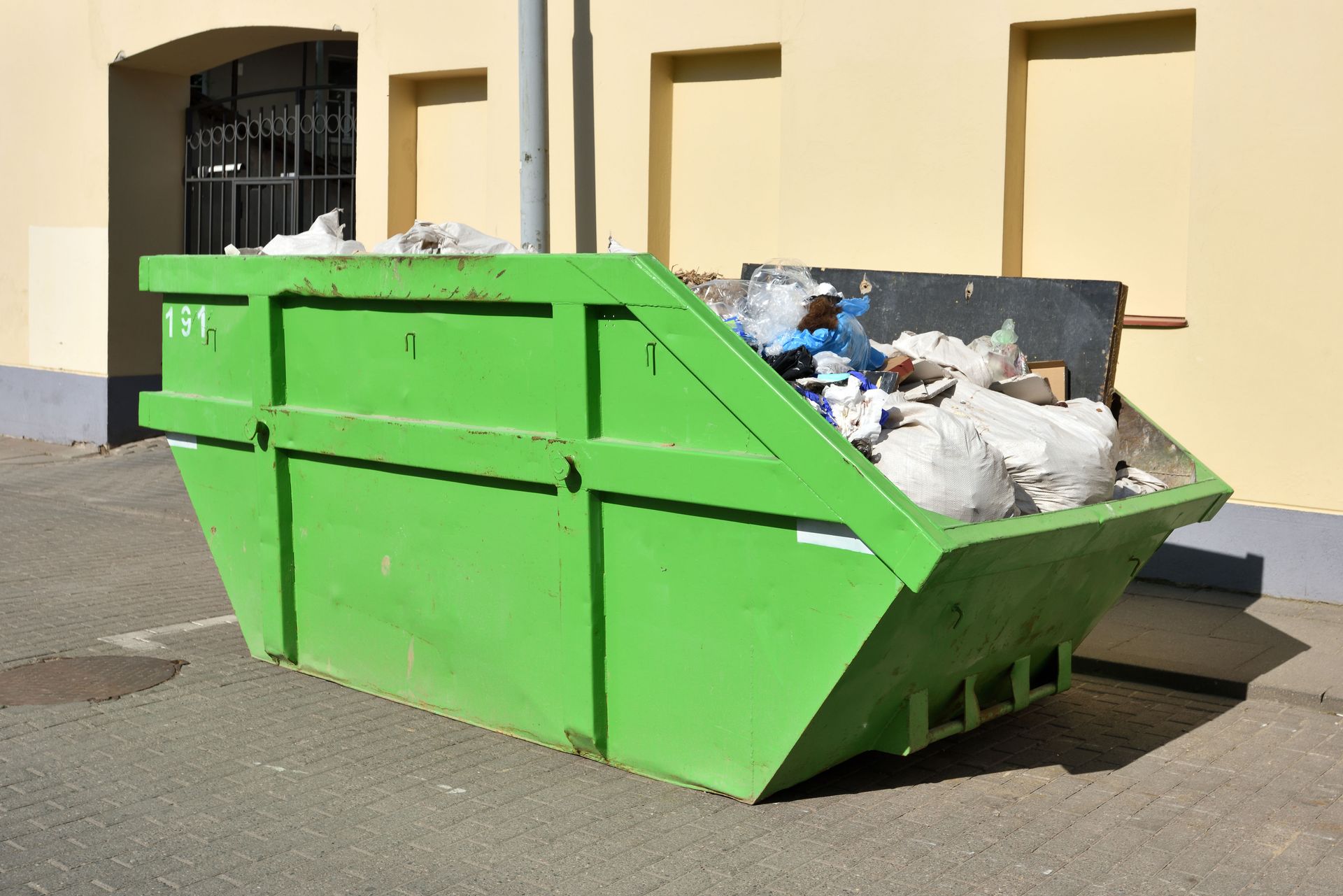

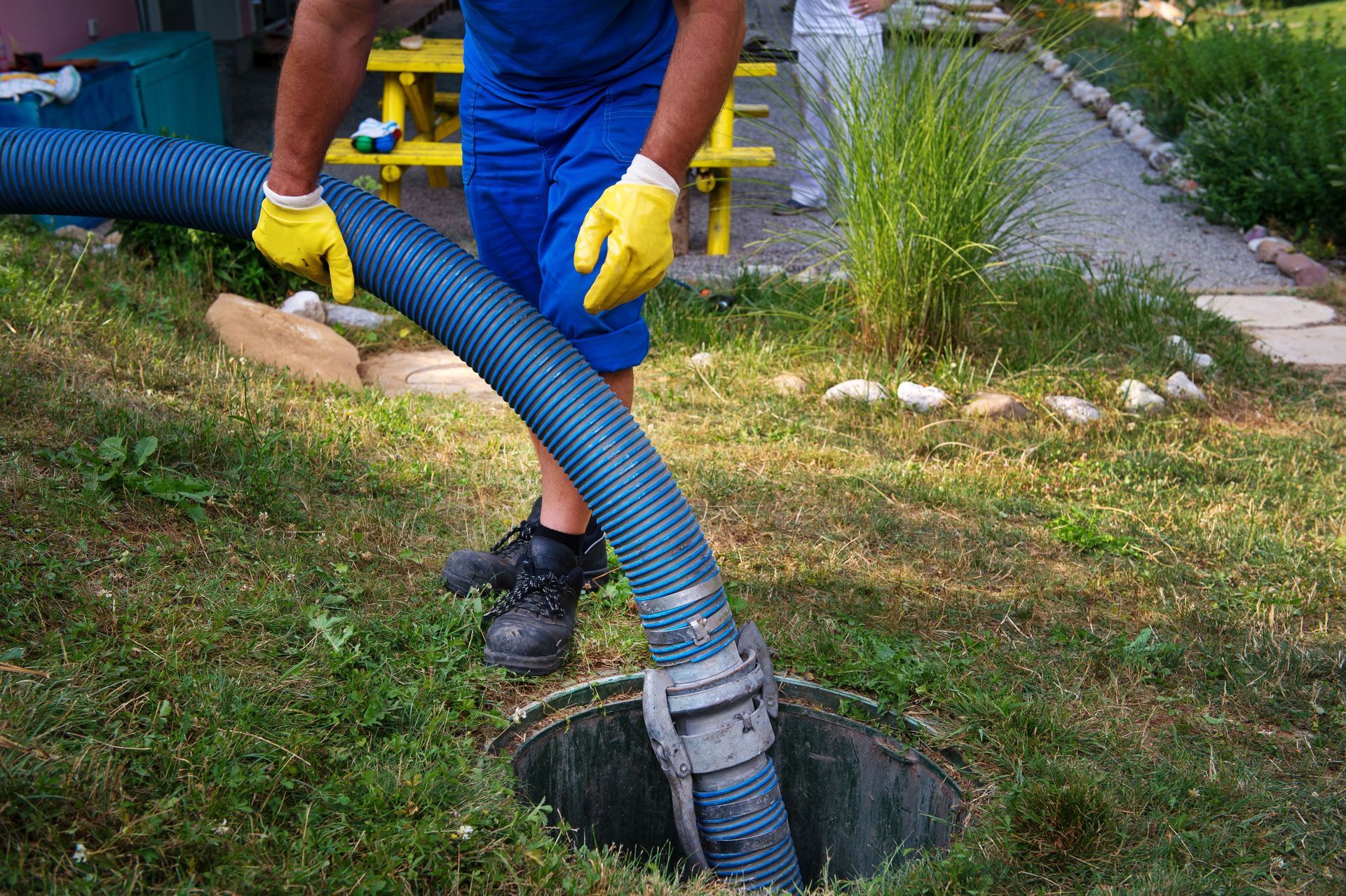
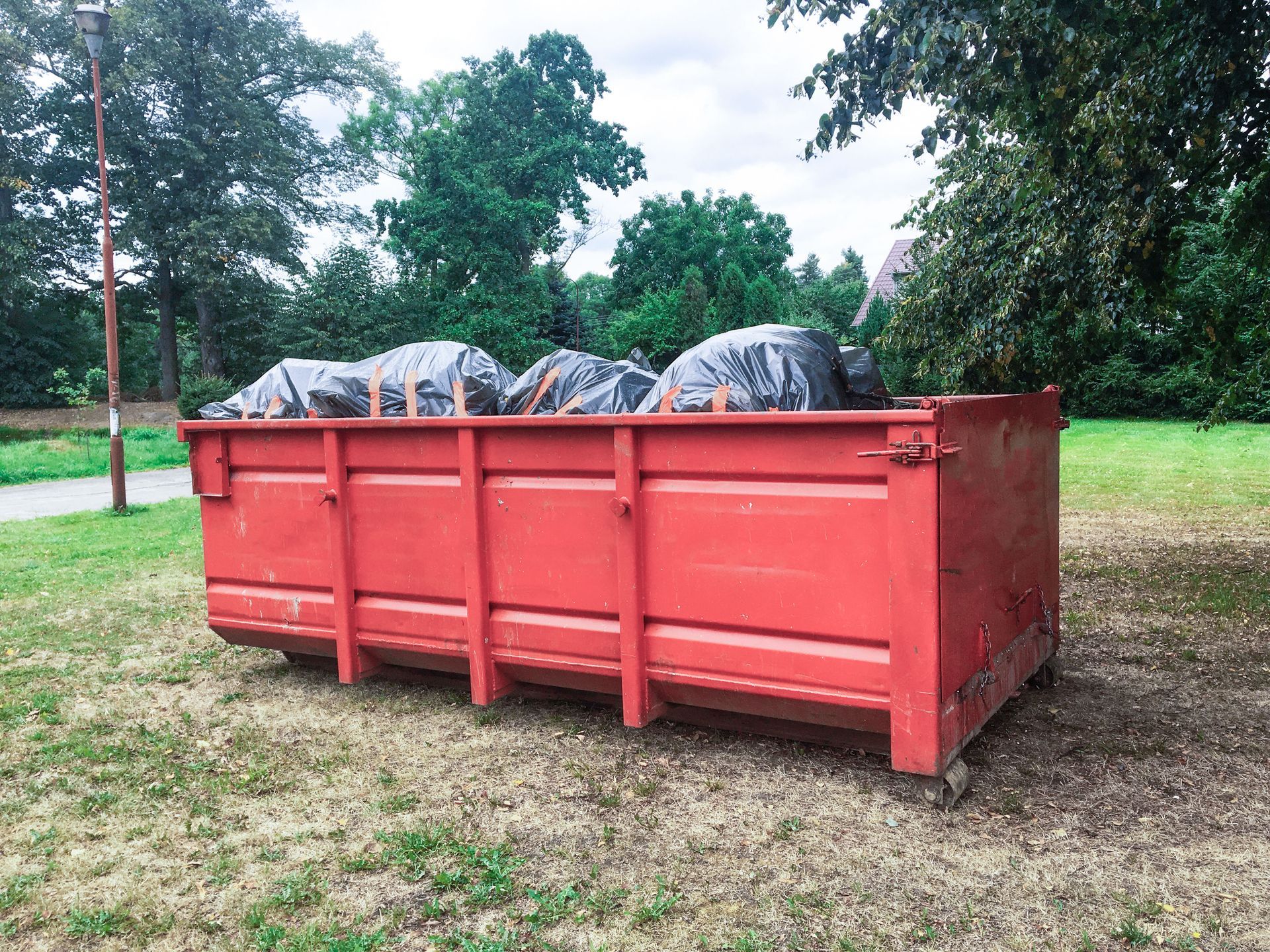
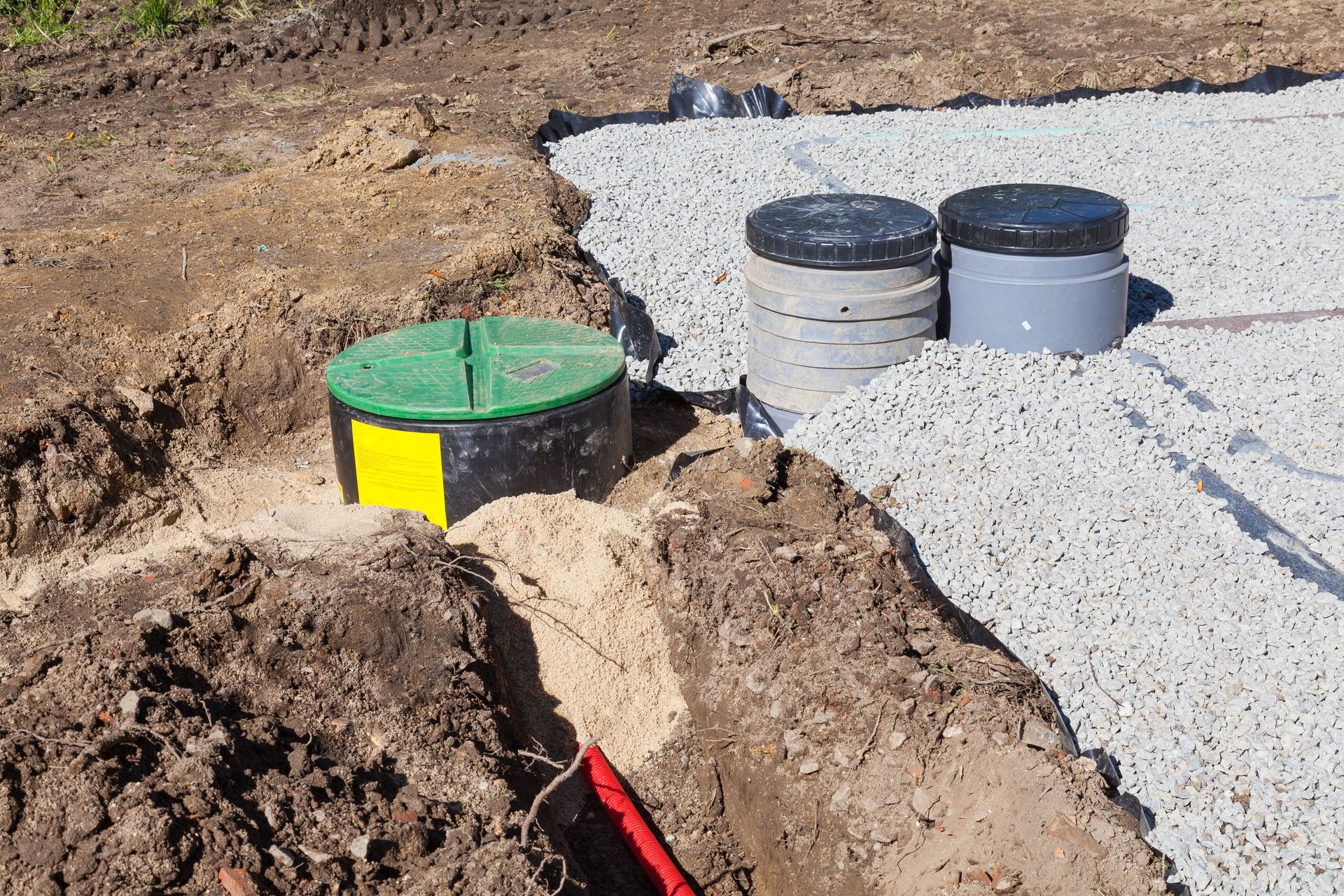

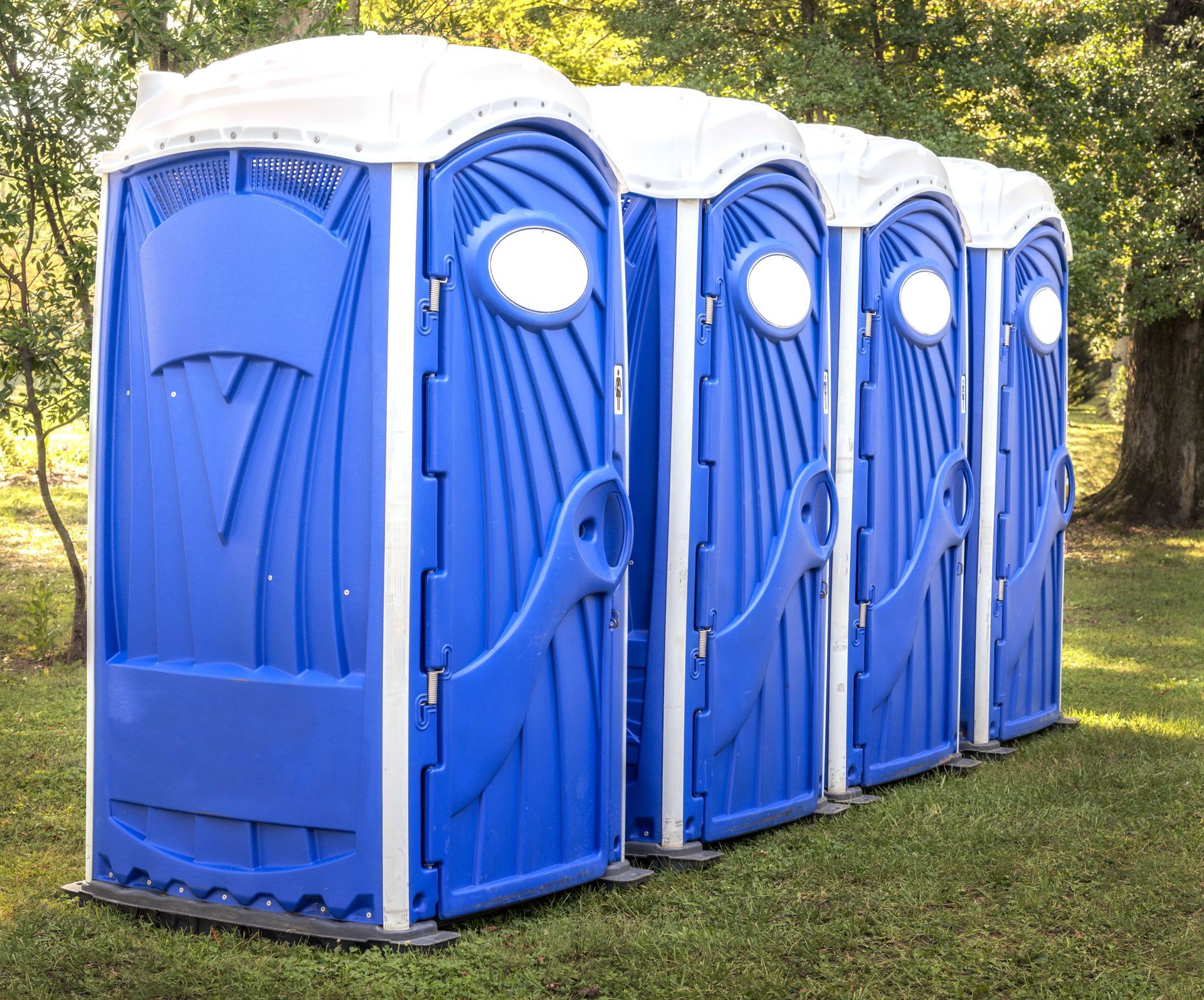
Share On: